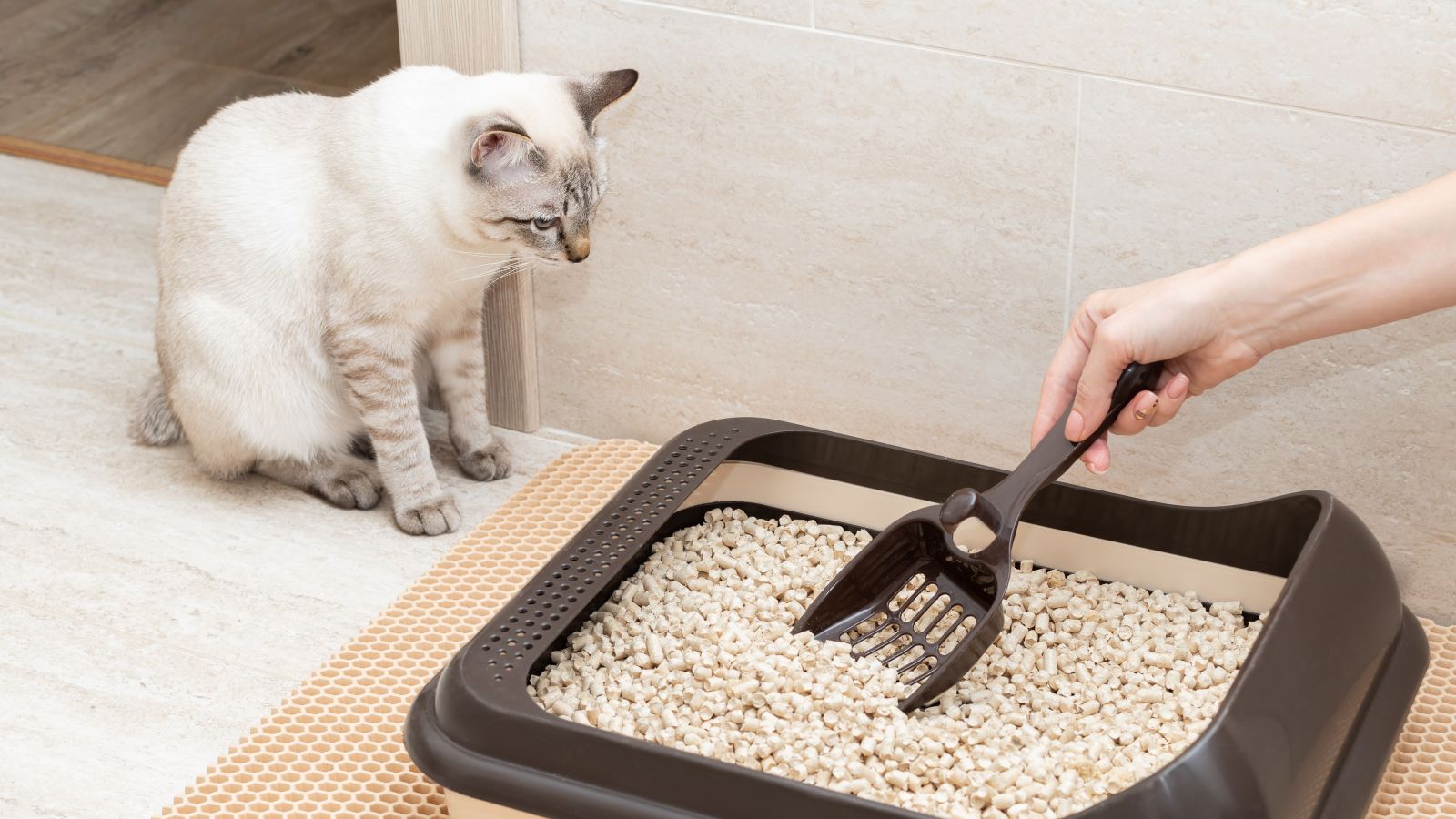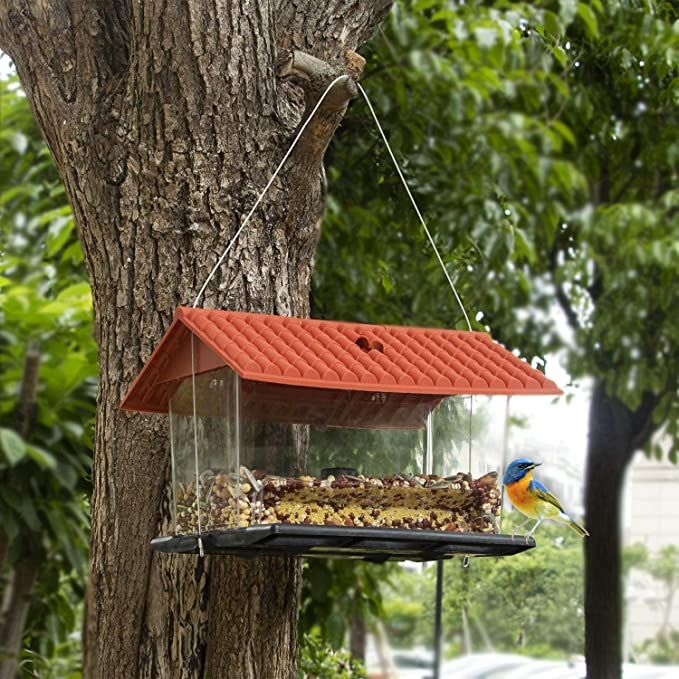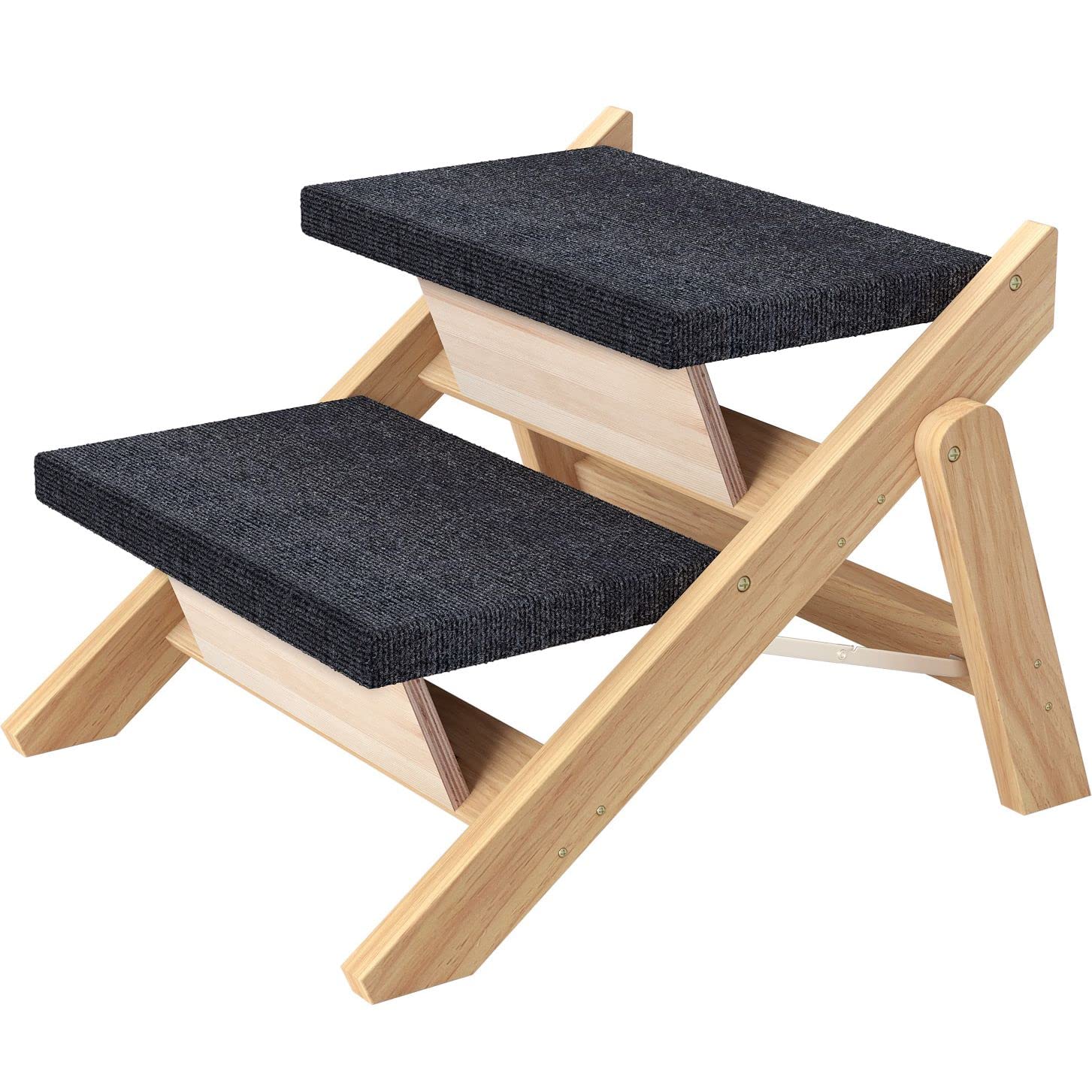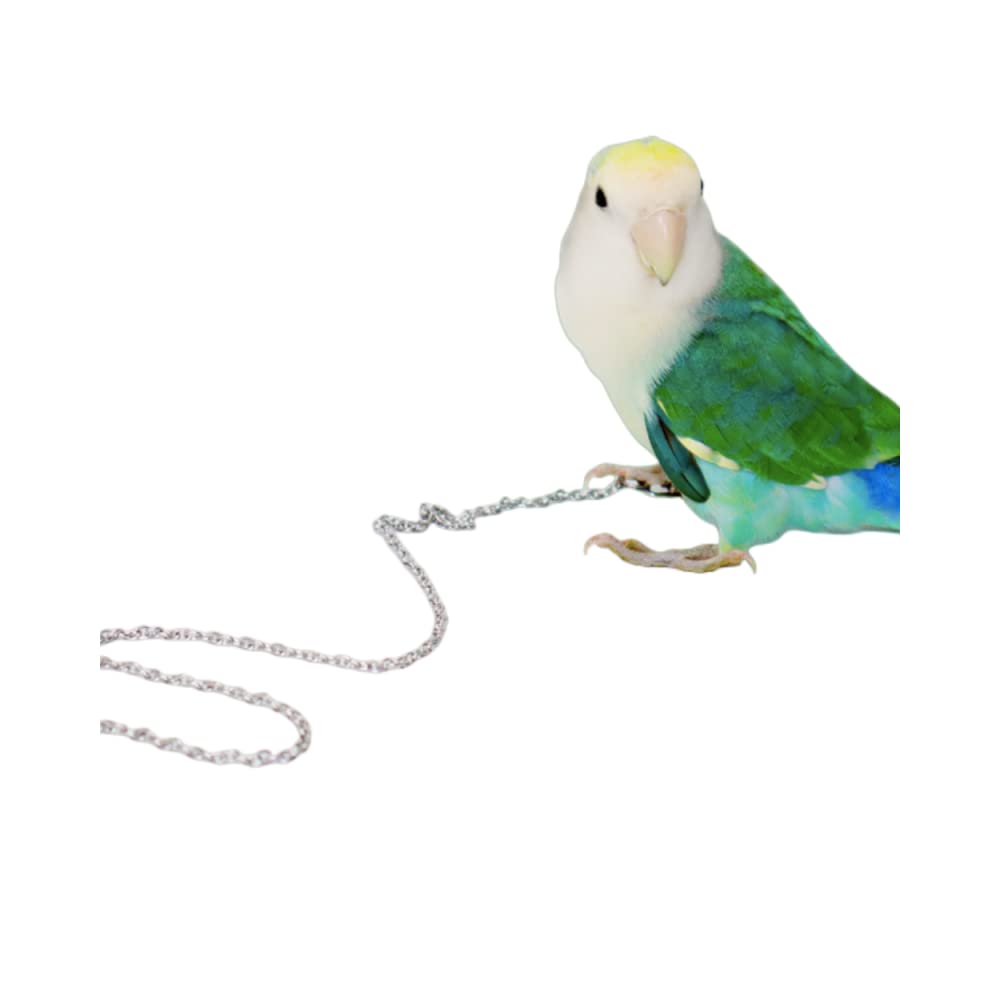
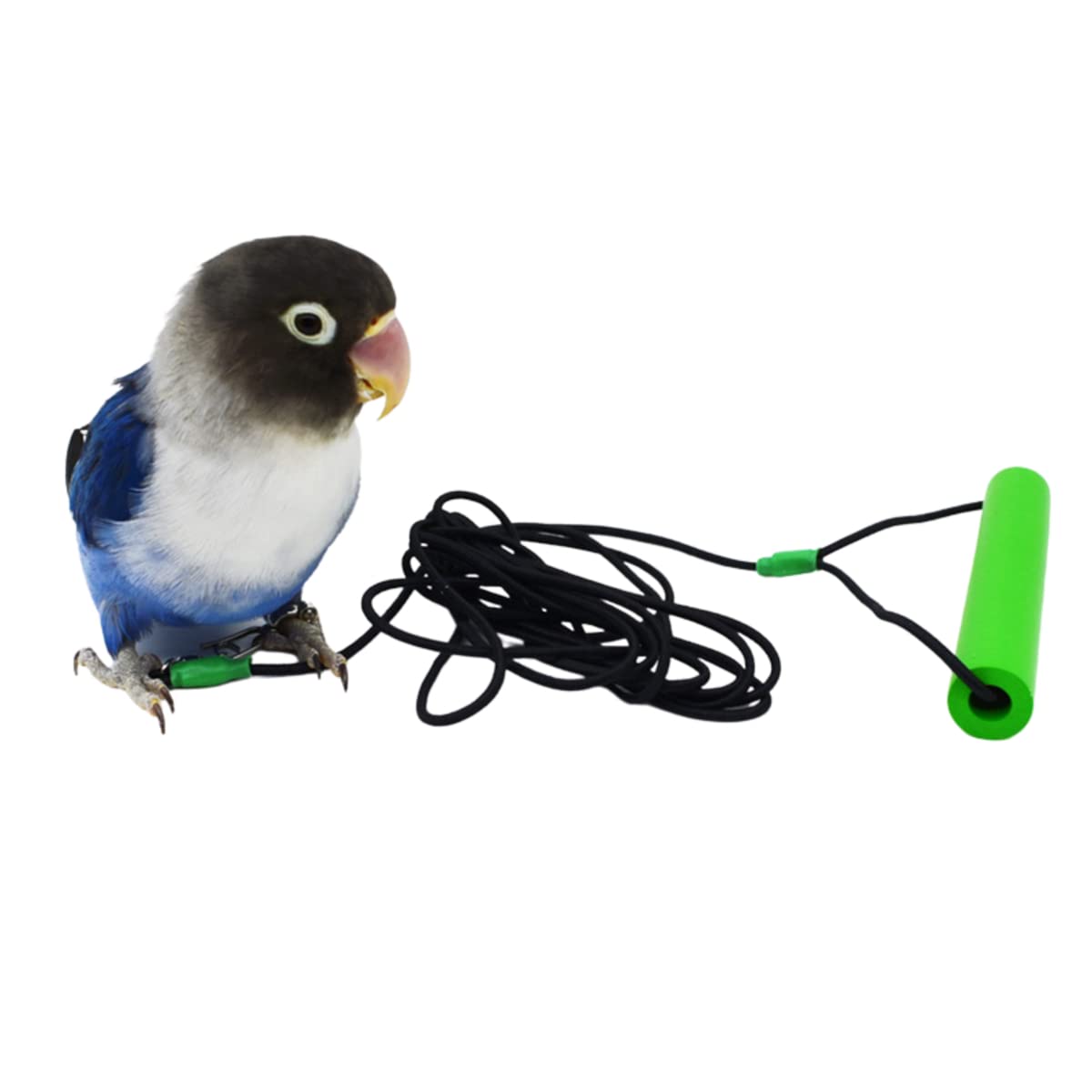
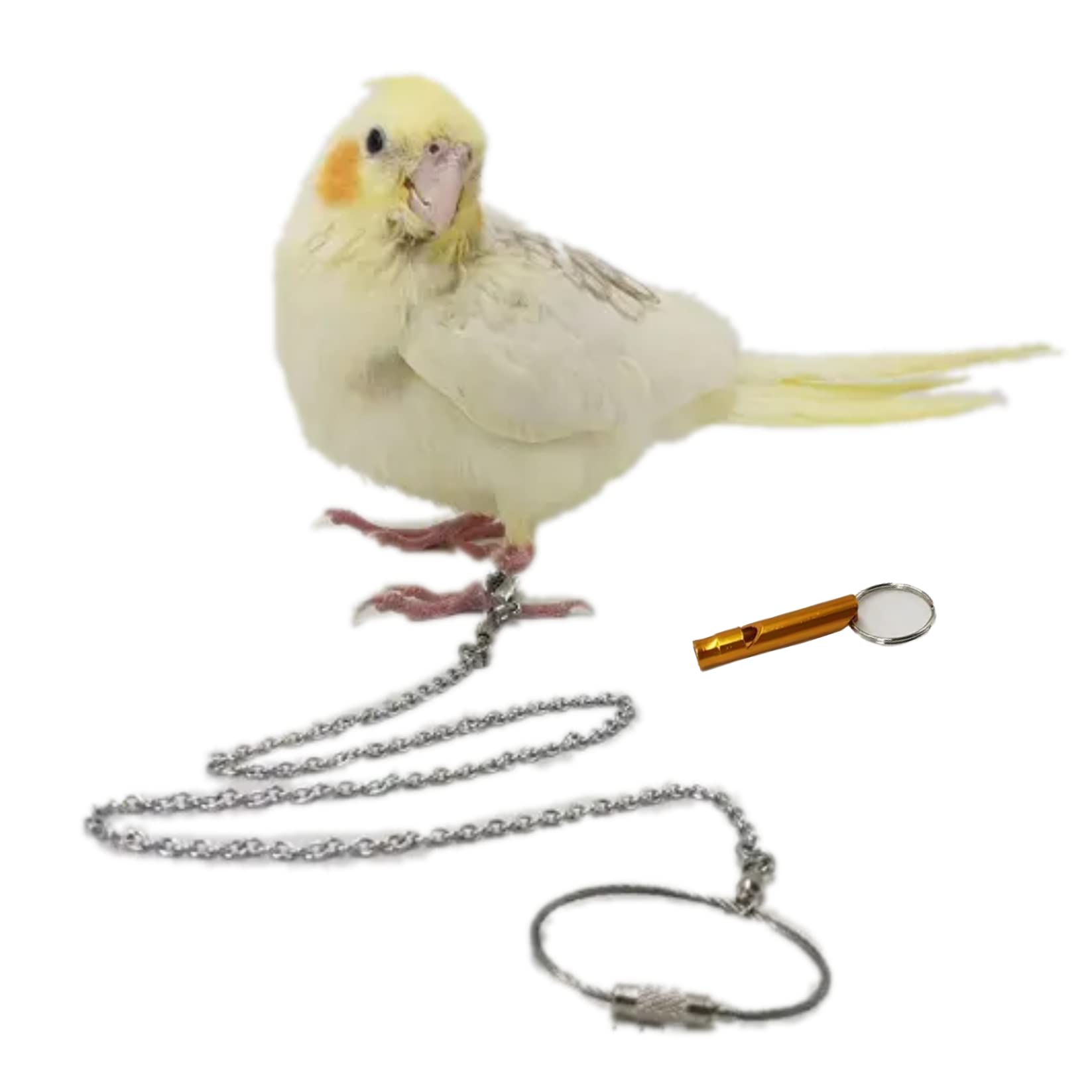
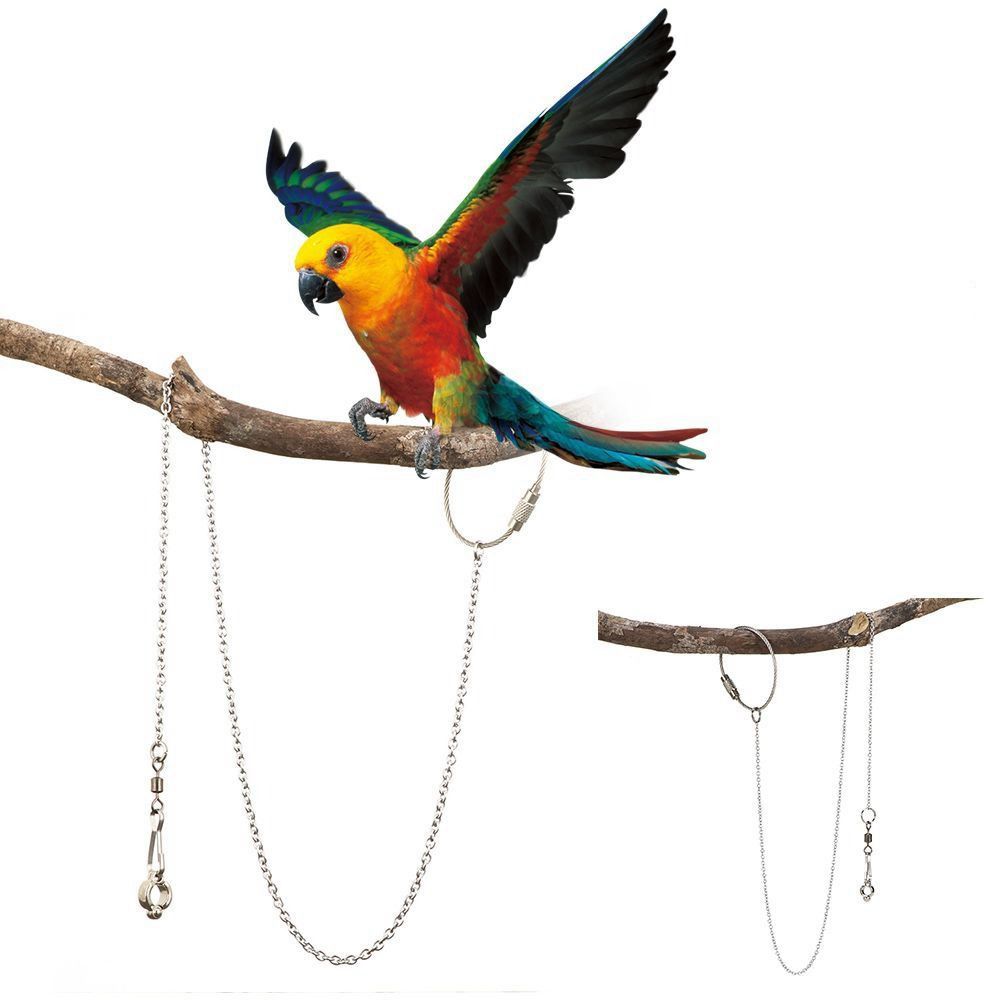

For many, birdwatching is an activity that brings immense joy and a deep connection with nature. It’s an opportunity to observe the fascinating world of birds, their intricate behaviors, and their stunning beauty. While birdwatching can be enjoyed simply with a pair of binoculars and a keen eye, a variety of outdoor bird accessories can significantly enhance your experience. These accessories can provide better visibility, protection from the elements, and comfort during extended outdoor excursions. Whether you’re a seasoned birdwatcher or a curious beginner, the right accessories can make your birding adventures more enjoyable, productive, and memorable.
Essential Birdwatching Accessories
Binoculars: Binoculars are the cornerstone of any birdwatcher’s arsenal, allowing you to magnify distant birds and observe their details with clarity. When choosing binoculars, consider factors such as magnification power, objective lens size, and field of view. For most birding purposes, binoculars with a magnification of 8x or 10x and an objective lens size of 35mm to 45mm are a good starting point.
Field Guide: A comprehensive field guide is an indispensable companion for identifying birds. Choose a field guide specific to your region and ensure it includes detailed descriptions, illustrations, and range maps. These resources will help you distinguish between similar species and learn about their unique characteristics.
Notebook and Pen: A notebook and pen are essential for recording your bird observations. Jot down the species you’ve seen, their location, date, and any notable behavior. These notes will serve as a valuable reference for future birding trips and help you track your progress in identifying new species.
Comfortable Footwear and Clothing: Proper footwear and clothing are crucial for comfort and safety during outdoor birding trips. Choose sturdy shoes or boots that provide good traction and ankle support, especially if you’ll be hiking on uneven terrain. Dress in layers to adapt to changing weather conditions and protect yourself from the sun and insects.
Enhancing Your Birding Experience
Telescope: For even greater magnification and detail, consider investing in a telescope. Telescopes are particularly useful for observing birds in large open areas or water bodies, allowing you to study their plumage, markings, and behavior with remarkable clarity.
Bird Calls and Recordings: Bird calls and recordings can be helpful tools for attracting birds and identifying their species. Play bird calls sparingly and responsibly to avoid disturbing natural behavior. Use recordings as a learning aid, but always rely on your own observations and listening skills for accurate identification.
Camera: A camera allows you to capture images and videos of birds, creating a visual record of your birding experiences. Choose a camera with a good telephoto lens for capturing distant birds and action shots. Remember to respect wildlife and avoid disturbing birds while taking photographs.
Binocular Harness or Backpack: A binocular harness or backpack can distribute the weight of binoculars evenly, reducing neck strain and fatigue during long birding trips. These accessories can also provide additional storage space for other essential gear, such as a field guide, notebook, and snacks.
Bird Blinds and Camouflage Gear: Bird blinds and camouflage gear can help you approach birds more closely without disturbing them. These accessories are particularly useful for observing shy or elusive species, allowing you to study their behavior in a more natural setting.
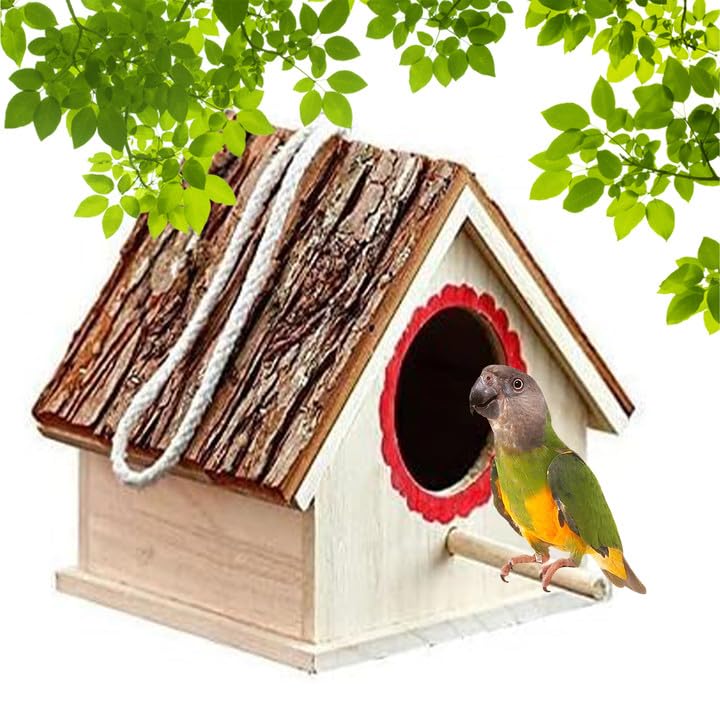
Bird Feeders and Nesting Boxes for Backyard Birding
Bird Feeders: Bird feeders attract birds to your backyard, providing opportunities for close observation and photography. Choose feeders suitable for the types of birds you want to attract and fill them with appropriate seed or nectar. Regular cleaning and maintenance of feeders will help prevent the spread of diseases.
Nesting Boxes: Nesting boxes provide safe havens for birds to raise their young. Choose nesting boxes of appropriate size and design for the species you want to attract. Place nesting boxes in a quiet, sheltered location away from predators and direct sunlight.
Bird Baths: Bird baths provide essential water for birds, especially during dry periods. Place bird baths in a safe location with ample shade and keep them clean and free of debris. Regularly changing the water will prevent the growth of algae and bacteria.
Additional Considerations for Outdoor Birdwatching
Safety: Always follow safety guidelines when birding outdoors, including being aware of potential hazards such as falling branches, poison ivy, and slippery rocks. Dress appropriately for the weather, let others know your birding plans, and carry a first-aid kit in case of emergencies.
Respecting Wildlife: Respect wildlife and their habitats. Avoid approaching birds too closely, do not disturb nests, and dispose of waste properly. Be mindful of your presence and actions to minimize any impact on the natural environment.
-
Join birding clubs: Local birding clubs offer opportunities to connect with other bird enthusiasts, participate in group outings, and learn from experienced birders. These clubs often organize guided walks, birding festivals, and conservation initiatives.
-
Participate in citizen science projects: Citizen science projects allow you to contribute valuable data to bird research and conservation efforts. Many projects involve recording bird sightings in your local area or participating in nationwide surveys.
-
Educate others about the importance of bird conservation: Share your knowledge and appreciation for birds with friends, family, and your community. You can talk about the ecological roles birds play, the threats they face, and the importance of protecting their habitats.
Conclusion
Birdwatching is a rewarding activity that allows you to connect with nature and appreciate the beauty and diversity of the avian world. By utilizing the right outdoor bird accessories and following responsible practices, you can enhance your birding experience, contribute to bird conservation, and create lasting memories. Remember, birding is a lifelong journey of learning and discovery. With dedication and the right tools, you can unlock a deeper understanding of the fascinating world of birds.
Additional Tips:
- Start slow and be patient: Don’t get discouraged if you don’t identify every bird you see right away. Birdwatching takes time, practice, and patience.
- Learn bird calls: Familiarizing yourself with common bird calls can significantly improve your ability to identify birds by sound. Many field guides and online resources offer recordings of bird calls.
- Focus on ethics: Always prioritize the well-being of birds. Avoid disturbing their natural behavior, respect their nesting sites, and minimize your impact on their habitat.
- Embrace the joy of discovery: Birdwatching is a journey of continuous learning and exploration. Take pleasure in the process of identifying new species, observing interesting behaviors, and connecting with nature.
